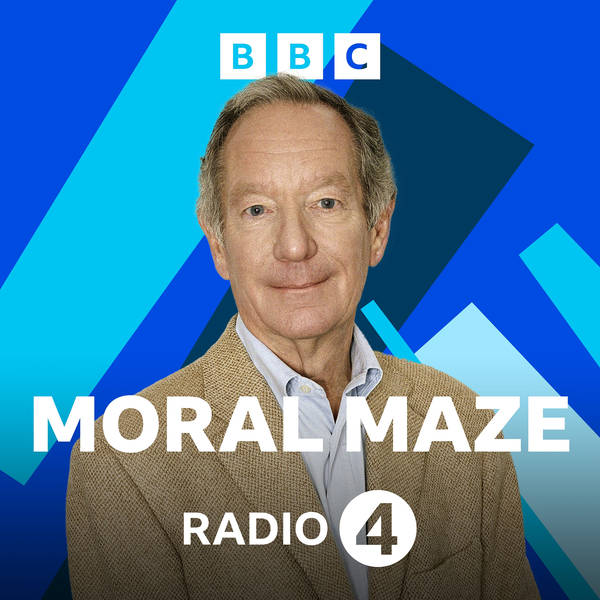
The morality of marriage
It’s Valentine’s Day, when we celebrate romantic love, and is there anything more romantic than getting married? It’s the way all those old films end, after all the “will they, won’t they”, the couple finally tie the knot, the titles roll and we all enjoy the warm certainty that they’re sorted for life. What’s not to love about marriage? A lifelong commitment to care for each other... a solemn promise rooted in love… perhaps the foundation for starting a family. But for many, marriage is losing its gloss. The latest government figures suggest that the proportion of adults in England and Wales who are married has, for the first time, fallen below 50%. The rise of pre-nuptial agreements signals a change in levels of confidence about marriage. Is forever still forever? If it probably isn’t – then let’s just plan ahead for when it all goes wrong. We live much longer than in the past, so “til death us do part” is likely to be a very long time indeed. Perhaps it’s now unreasonable to expect a lifelong commitment. Short of that, are human beings even built for monogamy? If love dies in a marriage, should that be the end, or is marital commitment broader than that? There is some evidence that outcomes for children are better if parents are married, and some people see it as a fundamental building block of society. But is there a moral value to marriage? Is it a striving for what is finest about being human, the highest realisation of not just romantic love, but of that important social unit – the couple? Or just an old fashioned idea, rooted in outdated traditions, all wrapped up in a sentimental rose tinted fantasy?
Presenter: Michael Buerk Producers: Jonathan Hallewell and Peter Everett Assistant Producer: Ruth Purser Editor: Tim Pemberton